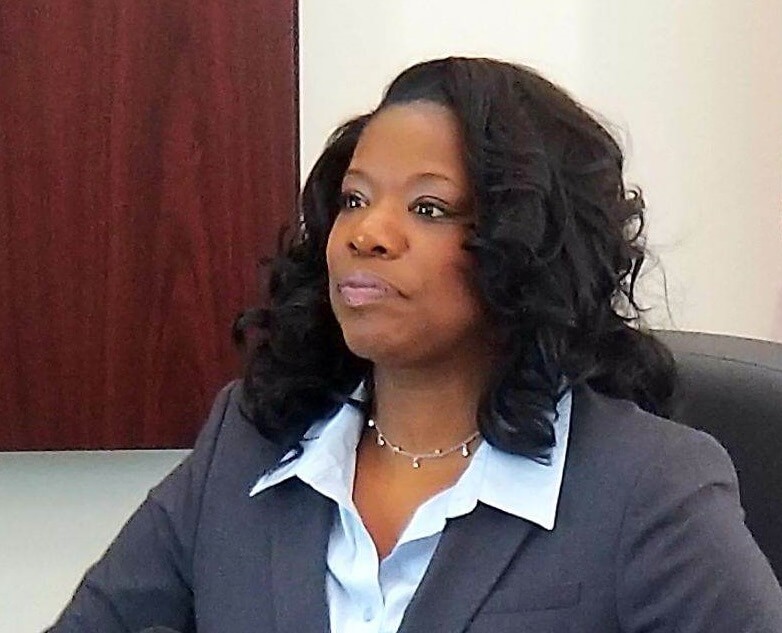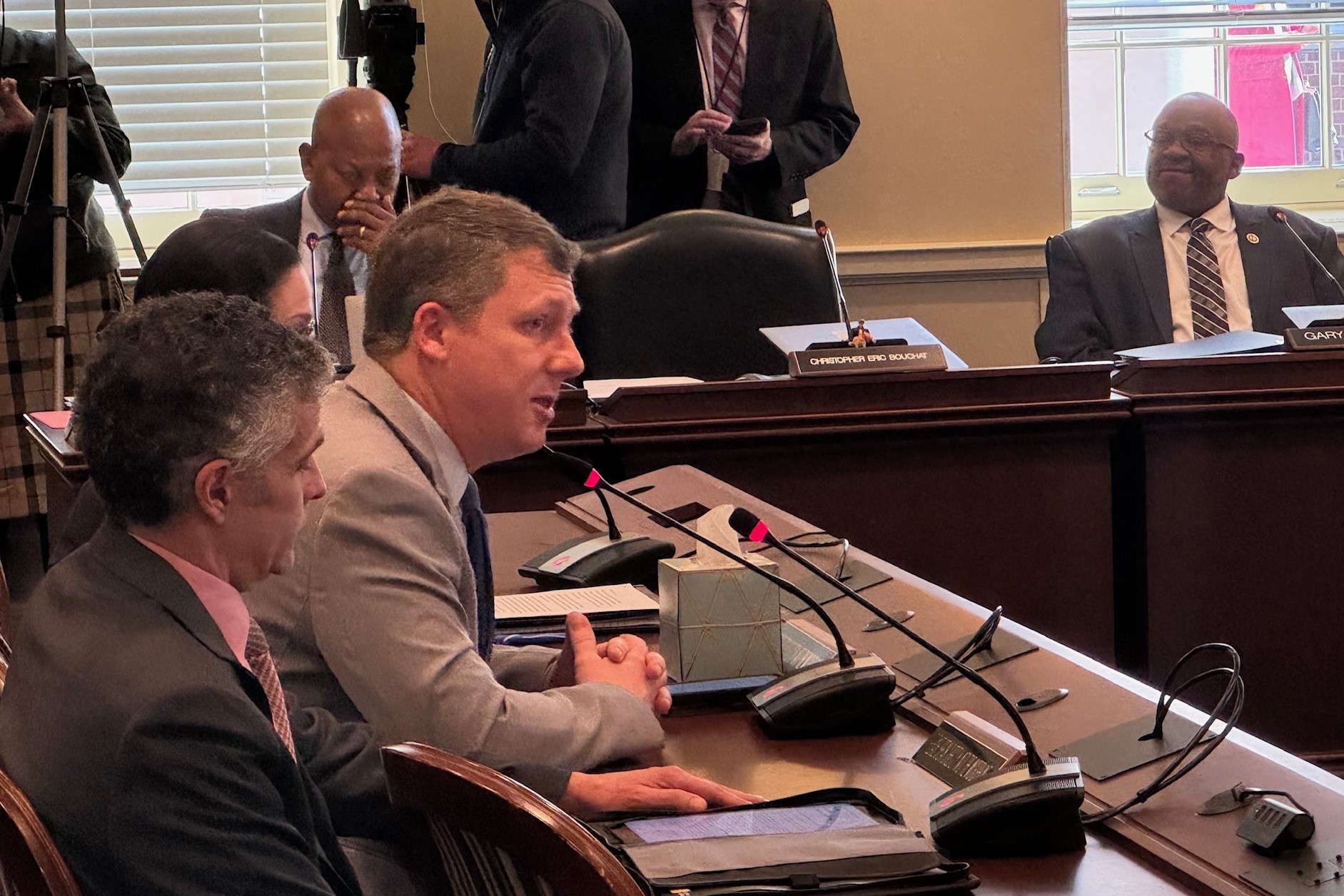When it Comes to Pot Possession, a New Era in Pr. George’s and Beyond

Prince George’s County doesn’t have the money to prosecute most marijuana possession cases, the county’s top prosecutor told state lawmakers last week. And even if funding wasn’t a constraint, State’s Attorney Aisha N. Braveboy (D) said, successful prosecutions would be difficult to come by because of profound changes in public attitudes toward pot.
“Society is moving. That’s just the reality,” Braveboy told the Prince George’s House delegation Friday.
“The county doesn’t have the money. And the truth is… it’s just not a priority for judges. It’s not a priority for law enforcement in terms of showing up for those cases. And juries are not interested in those cases.”
In focusing more on distribution cases — dealers — than on possession, Braveboy is following a trend among prosecutors.
Baltimore City State’s Attorney Attorney Marilyn J. Mosby (D) made national headlines a year ago when she proclaimed that going after casual users has “no public safety value, disproportionately impacts communities of color, erodes public trust, and is a costly and counterproductive use of limited resources.”
Montgomery County State’s Attorney John McCarthy (D) told The Washington Post earlier this month that he stopped prosecuting simple possession cases “six years ago” due to changes in the law and public attitudes.
“Judges don’t want to see these de minimis marijuana cases,” he said. “Juries don’t want to see them. Jurors were telling us: ‘Why are you wasting our time with this?’”
In 2019 the law changed to allow people to use hemp, which has a lower THC level than marijuana. As a result, local prosecutors must send weed that they’ve seized in an arrest out of state for costly tests, said Carroll County State’s Attorney Brian DeLeonardo (R), the head of the Maryland State’s Attorney’s Association, in an interview.
“So, for about a year or so now, you’d probably find that the vast majority of jurisdictions have not been doing much prosecution on possession of marijuana,” he said.
Braveboy told Prince George’s lawmakers that her office would be spending about $150,000 per month to have marijuana tested at a lab in Pennsylvania if it investigated every case — money that she doesn’t have in her budget.
Focusing on dealers makes sense from a public safety standpoint, she told the panel.
“That’s really where the violence is stemming from,” she said. “About a third of our homicides are the result of drug deals gone wrong. The drug dealing, the black market sale of drugs, is what’s really driving those more violent crimes, such as homicide and armed robberies.”
In a statement provided to Maryland Matters, Hank Stawinski, the Prince George’s County police chief, suggested that more money is coming into the pipeline to investigate the most serious possession cases and to also explore issues associated with the new hemp law.
“By year’s end we will have trained our laboratory personnel, and be in a position to respond to numerous questions regarding the enforcement of contraband laws broadly,” Stawinski said. “Further, we have secured a budget to conduct outsource testing so that the most serious cases are pursued in the interim.“
Said DeLeonardo, the state’s attorney in Carroll County: “There’s still a lot of violence associated with illegal marijuana distribution. It’s a very big cash industry and it still produces a lot of violence.”
Del. Jay Walker (D-Prince George’s) appeared surprised when Perry L. Paylor, head of the Guns and Drugs unit in the State’s Attorney’s office, said a person could have a pound of marijuana and not be prosecuted for possession.
“What’s somebody doing with a pound of weed?” Walker asked.
Paylor said prosecutors are looking less at the volume of pot than at whether the person has the tools of the trade — typically plastic bags, a scale, guns and cash.
“It’s not a hard and fast rule,” Paylor said. “But we look for the indicia of being a dealer.”
Replied Walker: “If drug dealers know they can get away with carrying a pound of weed around and they’re not going to be prosecuted, that’s not the message [we want to send], but I agree with what you’re doing. I do.”




 Creative Commons Attribution
Creative Commons Attribution